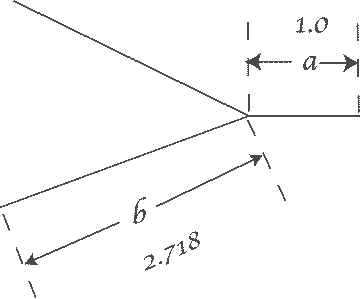Dowsing with the Y-Rod (forked stick, talking stick)Shape: Traditionally it is a forked stick looking like the letter Y. Any size from 12 to 36 inches in length will work in the hands of an experienced practitioner but greater sensitivity is achieved when the dimensions are tailored to the user. Material: Can be wood, metal or plastic. Plastic being very common for many dowsers, probably because of its ease of storage. Better results are obtained when the material used has an empathy with the desired target and best results are obtained when the Y-Rod is made from materials obtained close to the dowsing site. How to Use: Place your palms together, clasp your fingers keping your thumbs together. Hold the Y-Rod pointing down. From this position spread your hands and rotate your wrists outward. Now with your thumbs outward and your palms up the Y-rod will flip up into a delicate balance. Pointing upward at an angle of around 45 degrees is usually used for the ready position. From here if the Y-Rod swings down from the ready position this indicates a positive response for example pointing at a water vein or target. This can also be used for the "yes" response. If the Y-Rod swings up from the ready position this is usually used for the "no" response. Making your own
When choosing your forked twig be sure to cut it much longer than the final
size. Trim the long arms of the fork to the same length as your arm from
armpit to fingertip. Trim the indicator end so that it is the length of the
long arm divided by 2.718 (Euler's number). This produces a balanced
dowsing twig with maximum sensitivity whilst not being too unweildy. |

Last updated 27th May 2022 by chris at giles . me . uk
